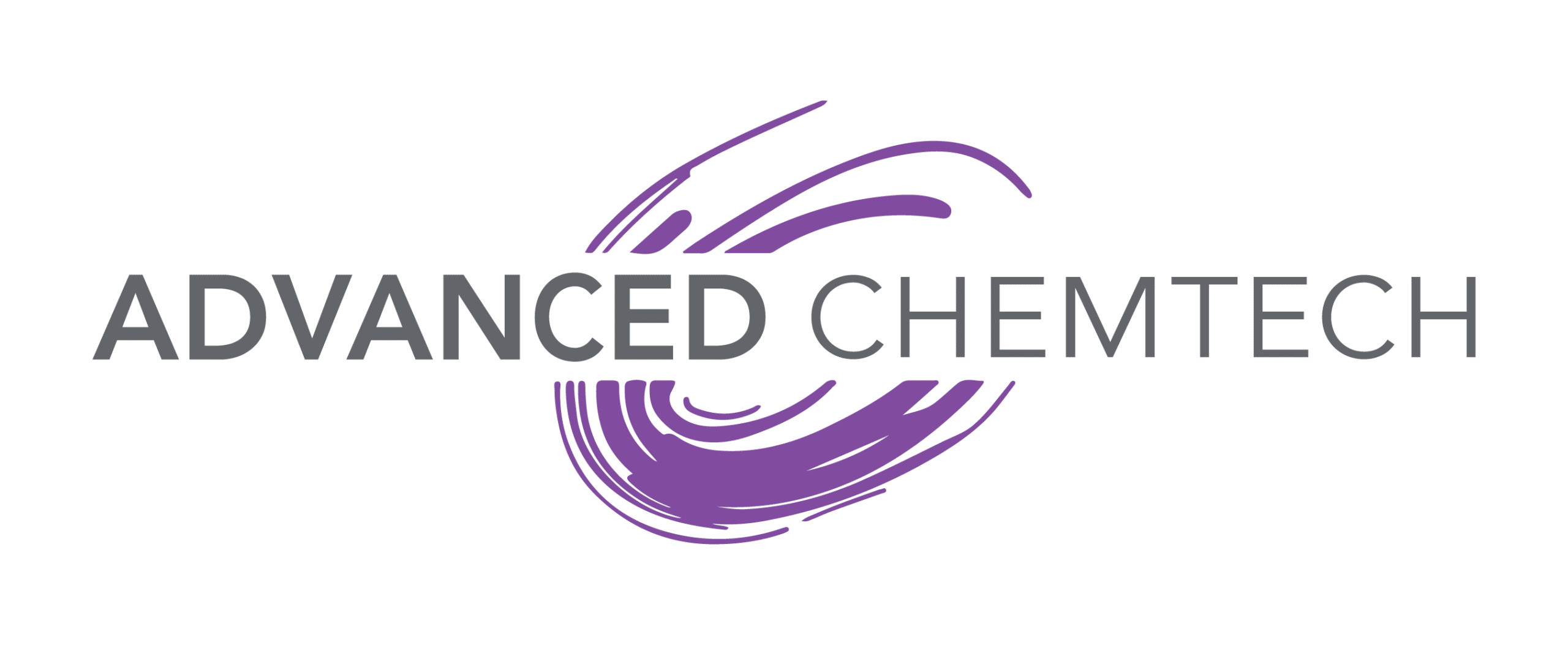If you’re into fitness or you have a particularly good memory, then chances are you already know what healing peptides are.
But for those that don’t know, peptides are strings of amino acids known as the “building blocks” of proteins. The body produces these naturally, but peptides can also be found in foods high in protein and in supplement form, whether capsules or powders.
But why would you take these? Well, peptides for healing are becoming increasingly popular – a potential way to increase recovery from a variety of conditions, with a whole host of other benefits related to exercise and muscle repair.
So, the remainder of this blog post will discuss more about healing peptides, including how they work, what they do, the most popular types, and more.
What are the different types of peptides?
There are numerous peptides found within the body, each of which has a different role, from the production of collagen to the building of muscle.
Examples of other peptides include:
- Ipamorelin (weight loss and fat burning)
- BPC-157 (joint recovery)
- Antimicrobial peptides
In total, there are more than 60 peptide drugs available in the United States, with other peptides found in sports drinks and supplements, protein powders, and, of course, created naturally by the body and obtained through certain foods (mainly foods high in protein).
What are healing peptides?
If you’re suffering from inflammation, physical injuries, or other injuries, then peptides for healing may help speed up your recovery.
Typically, connective tissue repair takes time – this is true for strains and sprains (and other injuries). Supplementing with peptides can help increase healing, promoting faster muscle and tissue repair, allowing you to return back to full health sooner than without supplementation.
But be warned: peptides are not magic – you’ll still need to undergo the healing process, but the process will most likely be quicker, as opposed to the standard healing methods.
Peptides for healing – what are the best options?
Okay, now that you know what peptides are and their role in repair and recovery, what are the best peptides for healing?
Well, there are several, but some of the most popular peptides include:
- MGF
- Thymosin Beta 4
- Collagen
- Glutamine
- BPC-157
MGF
Mechano Growth Factor promotes muscle and tissue repair through wasted tissue and the activation of muscle stem cells.
If you’re suffering from muscle loss, then MGF could be a great healing peptide for you.
Thymosin Beta 4
Thymosin Beta 4 promotes cell regeneration and tissue repair by forming new blood vessels. It is commonly used for wound healing, treating certain allergies, arthritis, infections, and general inflammation.
Collagen
Collagen is one of the most popular peptides taken to improve the skin, hair, and nails, and most importantly: it helps maintain proper joint and cartilage function.
Usually, collagen is taken in powder form and added to coffee or another drink (unflavoured). It’s easy to take, contains many benefits, and has plenty of evidence providing its effectiveness.
Glutamine
Glutamine is a more traditional “fitness” supplement used for muscle repair and recovery.
It is also often taken to improve immune function and gut health by boosting the activity in the cell.
This healing peptide is usually added to protein shakes and other drinks, it’s easy to take and a favorite product within the fitness community.
BPC-157
Finally, we have BPC-157, a protein found within the stomach.
BPC-157 is used to help combat and treat various inflammatory conditions, including arthritis. Or at the very least, lessening the symptoms.
Are there any side effects of peptides?
Before you go ahead and invest in the best healing peptides, you should be aware of some potential side effects.
As with many supplements, some users may experience side effects, while others may be unaffected.
We are not medical professionals, so we’d recommend checking with your doctor before taking any supplement or peptide.
But nonetheless, potential side effects of peptides include:
- Dry mouth
- Hunger
- Headaches
- Itchiness
- Spikes in blood sugar
To conclude
The use of peptides for healing is becoming more popular. With sports supplements more accessible than ever, it’s never been easier to fast-track your recovery, whether tissue repair or decreasing the time between gym sessions.
Consider supplementing peptides for increased healing and potentially better performance. But as previously mentioned, be sure to check with your doctor before taking any peptides or other health and wellness supplements.
